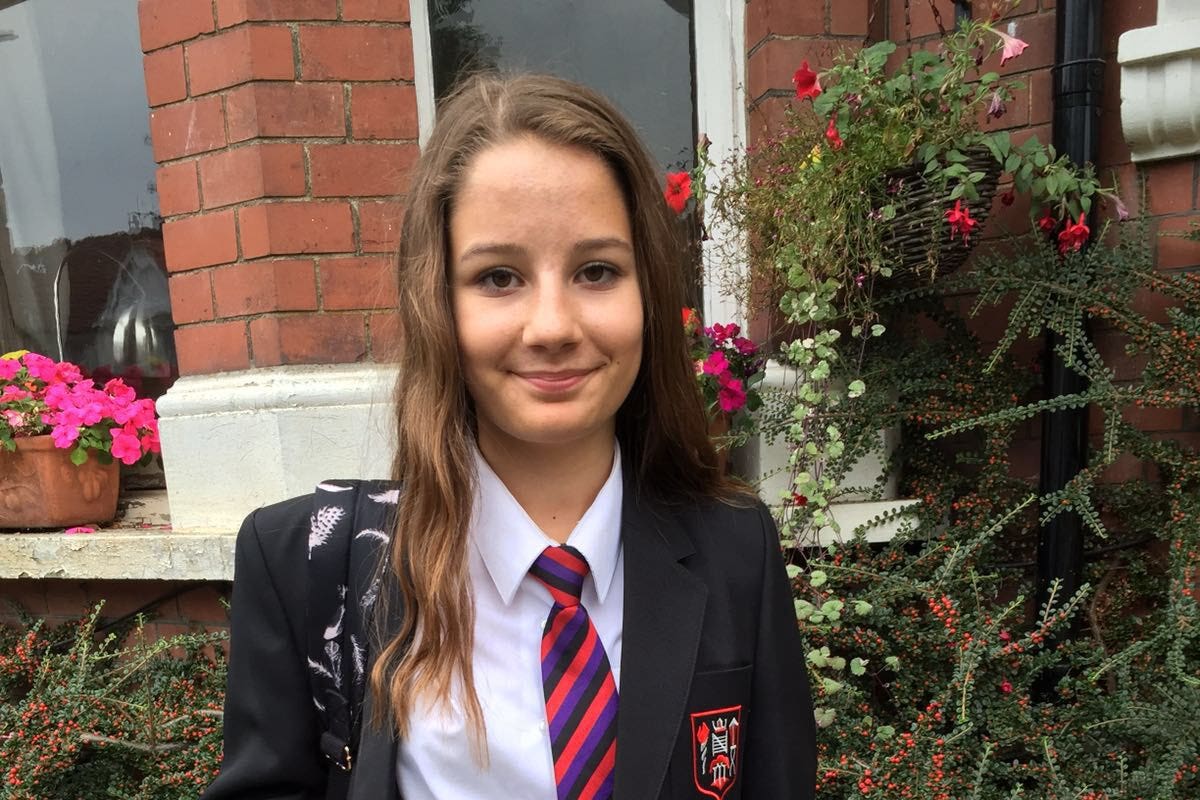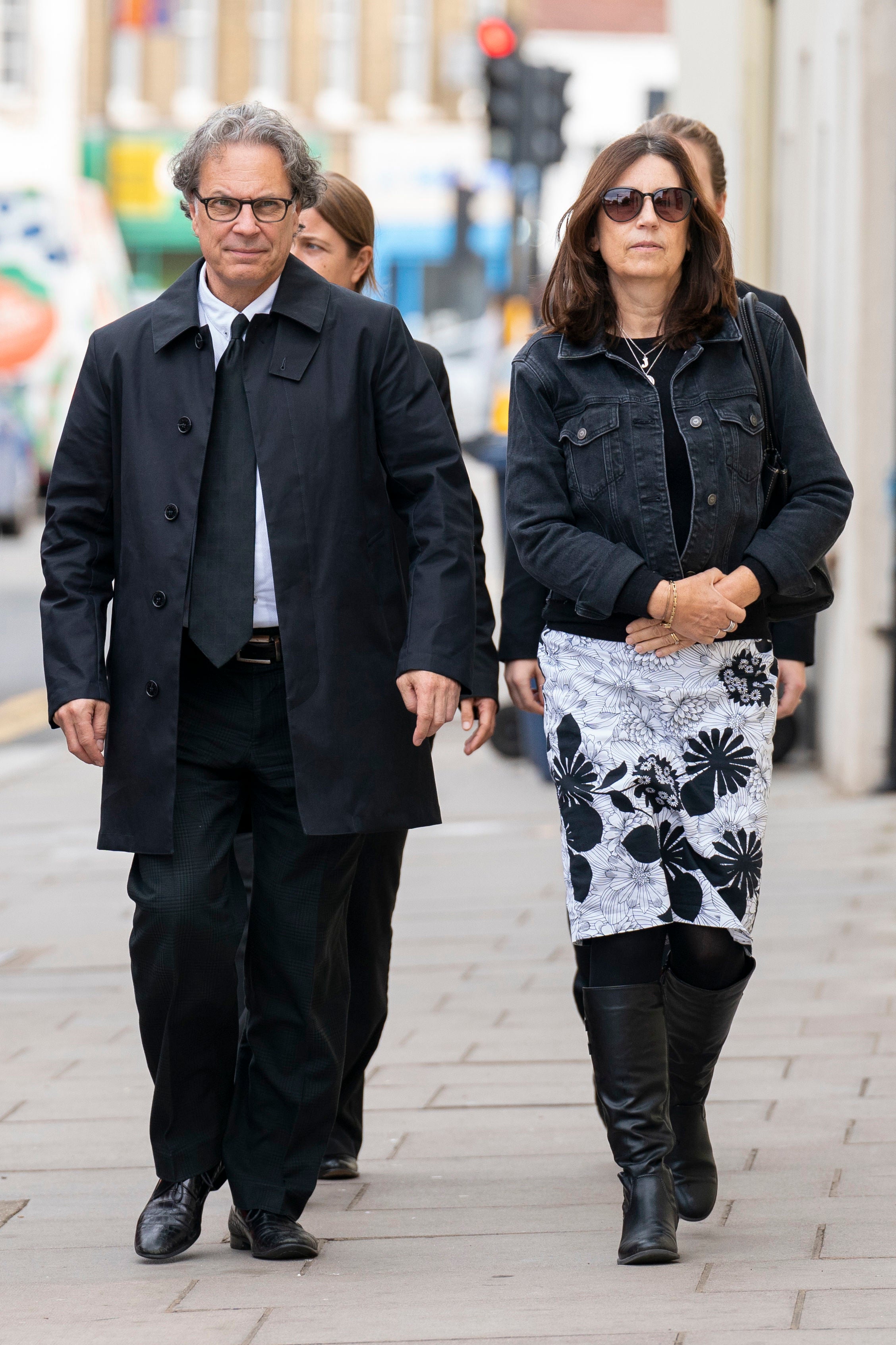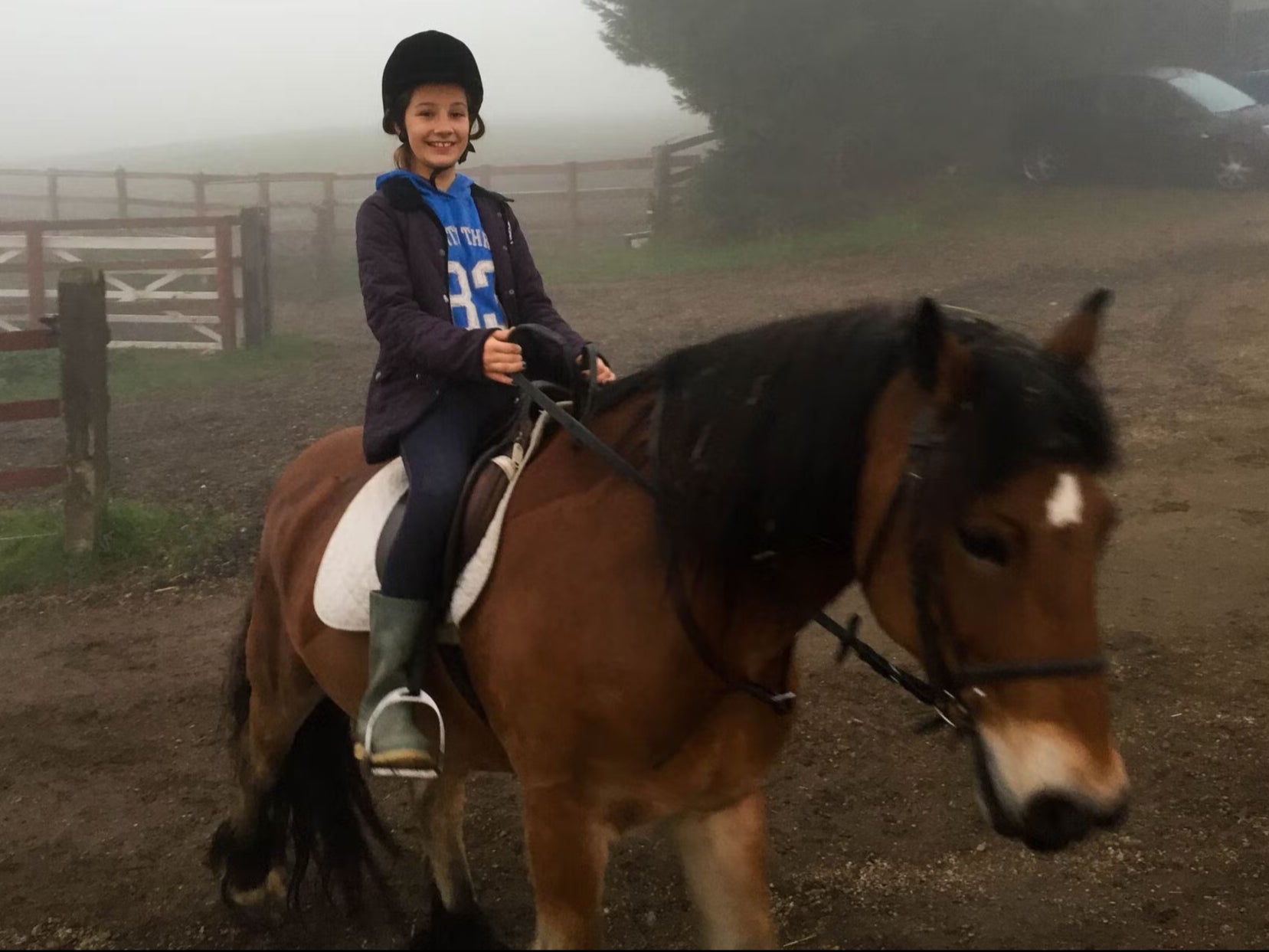Molly Russell died from ‘self-harm after suffering depression and negative impact of social media’
Schoolgirl viewed online content that contributed ‘in more than a minimal way’ to her death

The father of schoolgirl Molly Russell made a direct appeal to Meta to stop publishing a “demented trail of life-sucking content” after a coroner ruled the “negative effects of online content” had contributed to her death.
Ian Russell said he hoped the the coroner’s conclusions would be an “important step in bringing about much-needed change”.
He said his message to Instagram – and Facebook – boss Mark Zuckerberg was simpy “to listen... and then do something about it.”
Molly, from Harrow in northwest London, ended her life in November 2017, prompting her family to campaign for better internet safety.
Coroner Andrew Walker said the social media content she saw in the days before her death “shouldn’t have been available for a child to see”.
Mr Walker said the 14-year-old was “exposed to material that may have influenced her in a negative way and, in addition, what had started as a depression had become a more serious depressive illness”.
He said he did not “think it would be safe” to leave suicide as a conclusion, instead finding that Molly “died from an act of self-harm while suffering depression and the negative effects of online content”.
Mr Walker added: “Other content sought to isolate and discourage discussion with those who may have been able to help.
“Molly turned to celebrities for help not realising there was little prospect of a reply.”
The inquest heard how the teenager accessed material from the “ghetto of the online world”, with her family arguing that sites such as Pinterest and Instagram recommended accounts or posts that “promoted” suicide and self-harm.
Speaking outside after the inquest, Mr Russell urged those in need to speak to someone they trusted instead of engaging with content online “that may be harmful”.
“In the last week, we’ve heard much about one tragic story, Molly’s story. Sadly there are too many others similarly affected right now. At this point I just want to say however dark it seems there is always hope, and if you’re struggling please speak to someone you trust or one of the many wonderful support organisations rather than engage with content online that may be harmful,” Mr Russell said.
“Please do what you can to live long and stay strong,” he added.
The hearing was told that, out of the 16,300 posts Molly saved, shared or liked on Instagram in the six-month period before her death, 2,100 were related to depression, self-harm or suicide.

During the inquest, the head of health and wellbeing at Instagram’s parent company Meta and the head of community operations at Pinterest both apologised for the content Molly viewed.
Meta executive Elizabeth Lagone said she believed the posts that the Russell family argued “encouraged” suicide were safe when the teenager viewed them, while Pinterest’s Judson Hoffman said the site was “not safe” when Molly used it.
Mr Walker asked Ms Lagone “what gives you the right” to make decisions about what material is safe for children to view, but the witness said the site worked “closely with experts”, adding that decisions were not “made in a vacuum”.
The court was played 17 clips the teenager viewed on the site – prompting “the greatest of warning” from the coroner.
The inquest also heard details of emails sent to Molly by Pinterest, with headings such as “10 depression pins you might like” and “new ideas for you in depression”.

In a statement read out to the court on her behalf, the teenager’s mother, Janet Russell, described what happened on the day she discovered her daughter’s body.
Ms Russell said that, on the morning of her daughter’s death, she was doing household chores and said goodbye to one of her other daughters who was leaving for school, before she began looking around the house for Molly.
Mr Sanders KC, reading the statement, said: “I screamed and ran out of the room. Ian [Molly’s father] came upstairs and I told him not to go into the room, but he did.
“My other daughter asked what’s happened and I said: ‘It’s Molly, it’s Molly.’”
Ms Russell said Molly’s father began giving her CPR until an ambulance arrived and a paramedic took over.
The court previously heard how, on Twitter, Molly tweeted or retweeted 460 times, liked 4,100 tweets, was following 116 accounts and had 42 followers.
She was a much more active user of Pinterest, with more than 15,000 engagements, including 3,000 saves, in the last six months of her life.
Molly did not have a Facebook profile but, in the last six months of her life, she was engaging with Instagram posts about 130 times a day on average. This included 3,500 shares during that timeframe, as well as 11,000 likes and 5,000 saves.
Mr Russell said he wanted social media to be “a place that prioritises the safety and wellbeing of young people over the money that can be made from them”.
Following the conclusion of the inquest, children’s commissioner Dame Rachel de Souza condemned social media giants, telling them to “get a moral compass and step up”.
She said platforms such as Instagram and Pinterest needed to “do more and be better”, describing some of the evidence seen at the inquest as “harrowing”.
NSPCC chief executiv, Sir Peter Wanless condemned what he described as Meta and Pinterest’s “abject failure” to protect Molly from content no child should ever see.
“The ruling should send shockwaves through Silicon Valley. Tech companies must expect to be held to account when they put the safety of children second to commercial decisions. The magnitude of this moment for children everywhere cannot be overstated,” Sir Peter said.
If you are experiencing feelings of distress and isolation, or are struggling to cope, Samaritans offers support; you can speak to someone for free over the phone, in confidence, on 116 123 (UK and ROI), email jo@samaritans.org, or visit the Samaritans website to find details of your nearest branch.
For services local to you, the national mental health database – Hub of Hope – allows you to enter your postcode to search for organisations and charities that offer mental health advice and support in your area.
Join our commenting forum
Join thought-provoking conversations, follow other Independent readers and see their replies
Comments



Bookmark popover
Removed from bookmarks